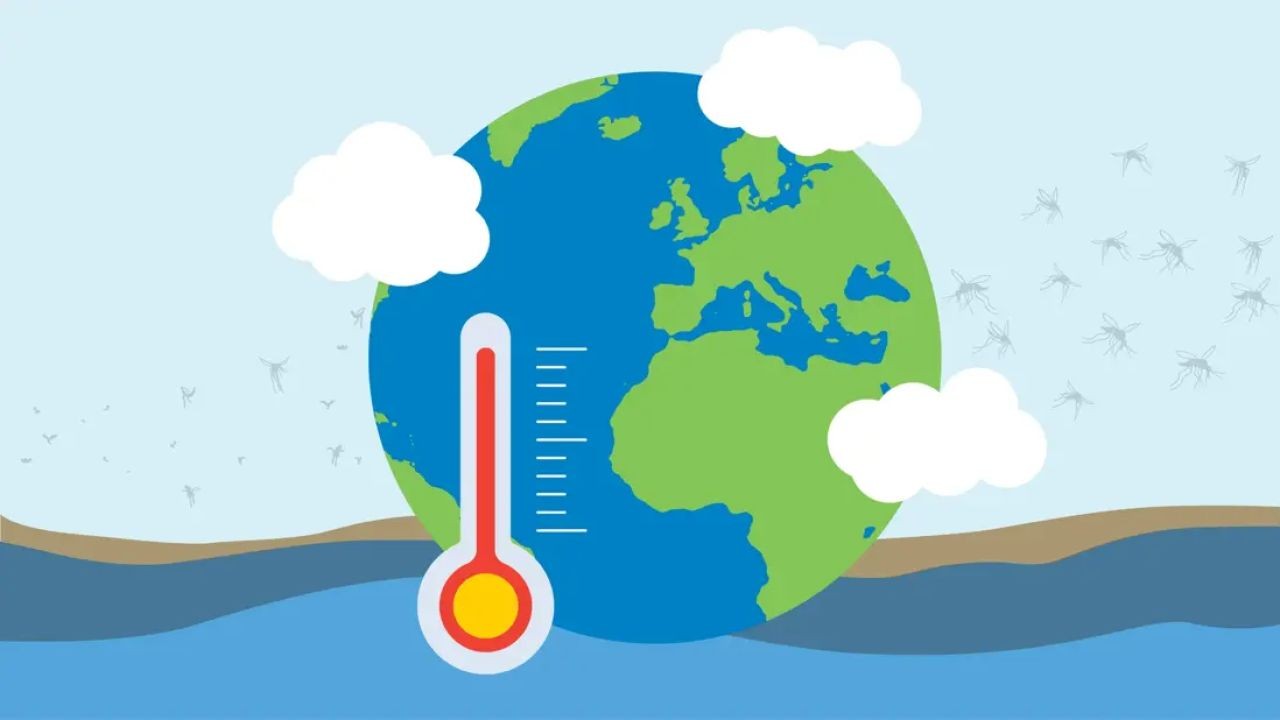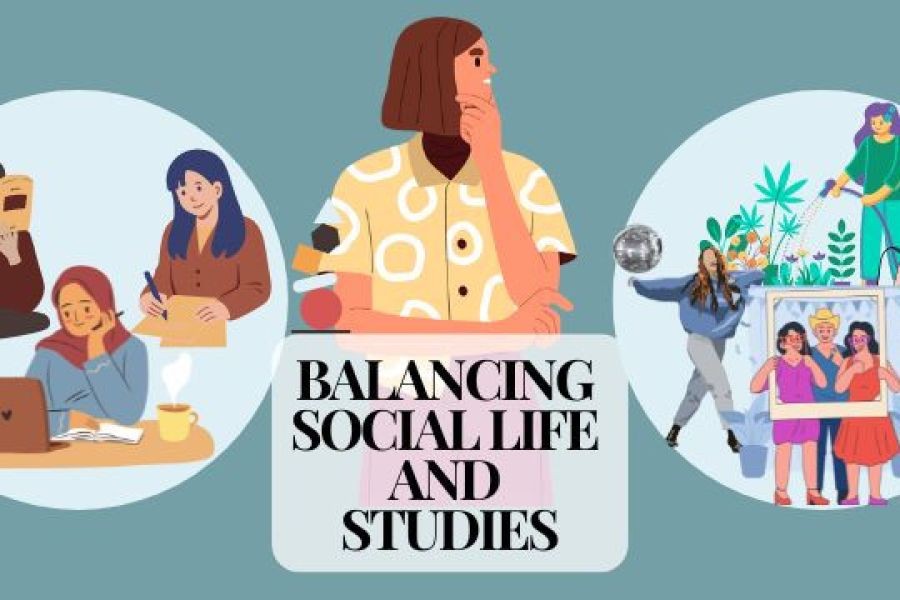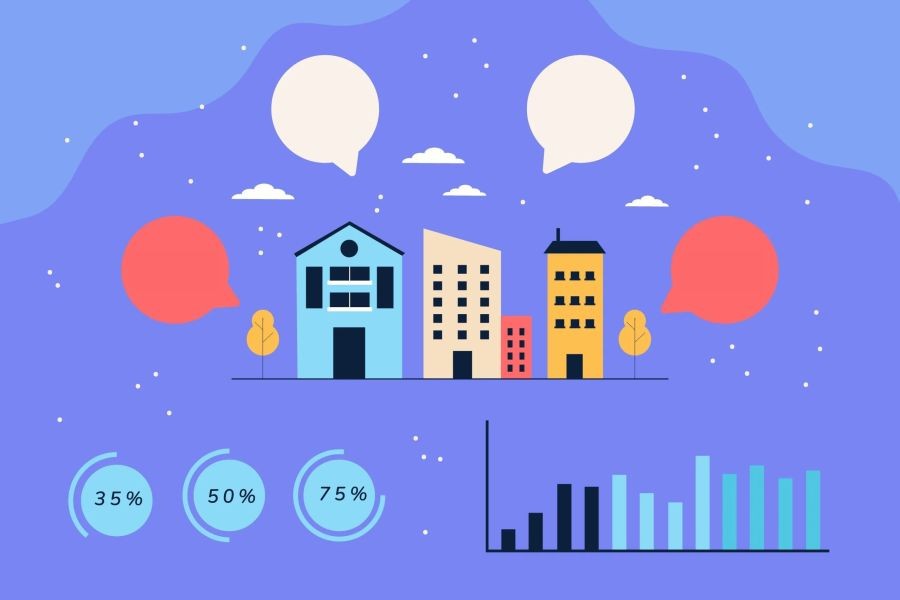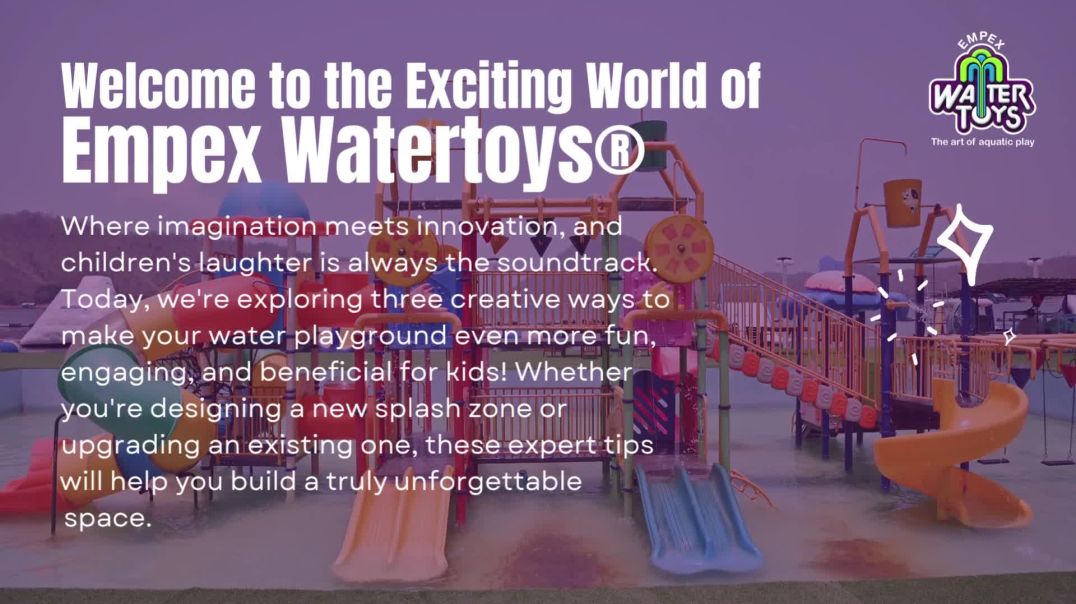Introduction
Imagine an Auckland-based sustainability advocate who, despite a passion for environmental policies and projects, struggles with the math skills necessary to interpret complex data sets effectively. This isn't an uncommon scenario in New Zealand, where the demand for numeracy skills is growing across various sectors, including sustainability. According to the Ministry of Business, Innovation & Employment (MBIE), the integration of quantitative analysis in policy-making is crucial for achieving long-term sustainability goals. This article explores actionable strategies for improving math skills at any age, drawing on expert insights and case studies relevant to New Zealand's unique context.
Understanding New Zealand’s Math Landscape
In New Zealand, the economy is increasingly reliant on sectors that require strong mathematical skills, such as technology, finance, and environmental management. According to Stats NZ, industries like information technology and green energy are projected to grow by 15% annually over the next five years. For sustainability advocates, possessing robust math skills can significantly enhance their ability to develop and advocate for effective policies.
Step-by-Step Strategies to Enhance Math Skills
Improving math skills is not solely the realm of traditional education. Whether you're a student, a professional, or a retiree, there are strategies tailored to fit your lifestyle and learning preferences.
1. Leverage Online Learning Platforms
Platforms like Coursera and Khan Academy offer courses specifically designed to cater to different learning levels and interests. For example, a course in data analysis can help sustainability advocates better interpret environmental data. These platforms provide flexibility, allowing learners to study at their own pace, which is particularly beneficial for busy professionals.
2. Engage in Real-World Problem Solving
Applying math skills to real-world scenarios enhances understanding and retention. Sustainability advocates might engage with community projects that require budget management or statistical analysis of environmental impacts. This hands-on approach not only improves math skills but also directly contributes to local sustainability efforts.
3. Join Local Workshops and Study Groups
In New Zealand, several community centers and universities offer workshops that focus on math skills development. These sessions provide opportunities for interaction with peers and experts, fostering a collaborative learning environment. For instance, the University of Auckland regularly hosts workshops that are open to the public, focusing on practical applications of mathematics in various fields.
Real-World Case Study: Sustainability and Math Skills
Case Study: EcoMetrics – Integrating Math for Environmental Solutions
Problem: EcoMetrics, a Wellington-based environmental consultancy, faced challenges in accurately predicting the environmental impact of proposed projects. This limitation hindered their ability to provide comprehensive sustainability assessments to clients.
Action: The company invested in specialized training for their staff, focusing on advanced statistical methods and data modeling. They collaborated with the University of Victoria to design a curriculum that met their specific needs.
Result: Within a year, EcoMetrics improved their predictive accuracy by 35%, leading to more reliable assessments and increased client trust. This success not only enhanced their reputation but also contributed to more effective environmental policies in the region.
Takeaway: This case highlights the importance of integrating mathematical training into sustainability efforts. By doing so, organizations can enhance their service offerings and drive impactful environmental change.
Pros and Cons of Improving Math Skills
Enhancing math skills comes with its own set of advantages and challenges, particularly in the context of sustainability advocacy.
Pros:
- Enhanced Problem-Solving Abilities: Math skills empower individuals to tackle complex sustainability challenges with innovative solutions.
- Improved Career Prospects: As industries like renewable energy and technology grow, math proficiency can lead to new career opportunities.
- Informed Decision-Making: Strong numeracy skills enable advocates to interpret data accurately, leading to better policy recommendations.
Cons:
- Time Investment: Developing math skills requires a significant time commitment, which can be challenging for those with busy schedules.
- Initial Difficulty: For those who have been away from formal education, reacquainting with mathematical concepts can be daunting.
- Resource Availability: Access to quality resources may be limited in some regions, potentially hindering learning.
Debunking Common Math Myths
Myth: "Math is only for scientists and engineers."
Reality: Math is a universal language that supports various fields, including sustainability, where data analysis is crucial for environmental assessments.
Myth: "You can't improve math skills after a certain age."
Reality: Lifelong learning is a well-supported concept. Adults can effectively enhance their math skills through targeted learning strategies and resources.
Myth: "Math is too abstract to be useful."
Reality: Mathematics is foundational in solving real-world problems, such as optimizing resource use and analyzing environmental data.
Conclusion
In the evolving landscape of New Zealand's economy, enhancing math skills is more essential than ever, especially for sustainability advocates aiming to make a significant impact. By leveraging online platforms, engaging in real-world applications, and participating in local educational opportunities, individuals can effectively overcome the challenges associated with improving their numeracy skills. As New Zealand continues to prioritize sustainability, those equipped with strong math skills will be at the forefront of driving meaningful change.
What strategies will you implement to improve your math skills? Share your thoughts and experiences below!
People Also Ask
- How does improving math skills impact sustainability advocacy in New Zealand? Enhanced math skills allow advocates to interpret data more effectively, leading to better policy-making and project planning.
- What are the biggest misconceptions about math skills? A common myth is that math is only for scientists. In reality, it supports various fields, including sustainability, where data analysis is crucial.
Related Search Queries
- math skills for sustainability advocates
- online math courses in New Zealand
- improving numeracy skills for professionals
- math workshops in Auckland
- importance of math in environmental policy
- how to learn math as an adult
- math resources for sustainability
- case studies of math in sustainability
































ClariceQue
2 months ago